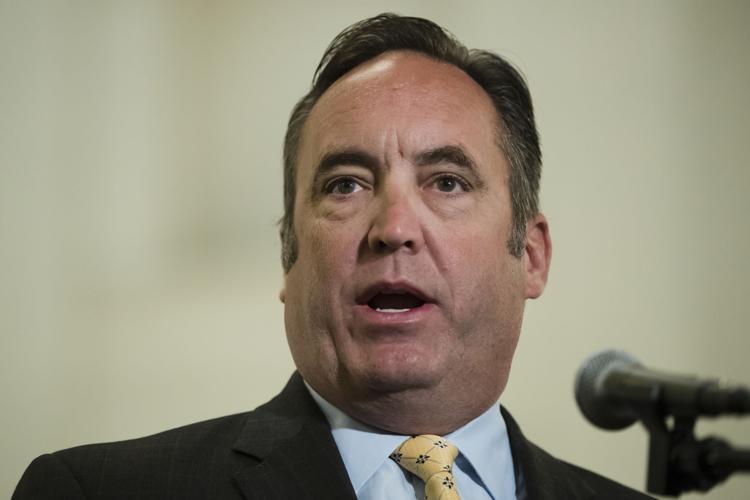|
If Senate leaders won’t act on behalf of abuse victims, others need to step up
Tribune-Democrat
If the Republican leaders in the Pennsylvania Senate won’t step up and take action on behalf of sexual abuse victims who are beyond the statute of limitations, then others – including Wayne Langerholc of Richland Township – must push their stubborn colleagues aside and drive this important issue. As Sunday’s CNHI in-depth report “The Cost of Abuse” shows, several options have been put forth to give those victims a pathway to justice. Proposals in Harrisburg would address the plight of abuse victims – including those whose attackers were members of the clergy – through either a legislative change in the law or a movement to amend the Pennsylvania Constitution. State House reporter John Finnerty’s relentless efforts to interview the Senate’s GOP leadership for this project garnered a repeated “no thanks” from Senate President Pro Tempore Joe Scarnati, R-Jefferson, while Senate Majority Leader Jake Corman, R-Centre, commented only when cornered in a Capitol hallway. Corman called any change in how the state handles cases of adults who were sexually abused as children “special legislation” that would need to be referred to the Senate judiciary committee. Last year, the state House overwhelmingly approved a bill that would provide a two-year window for abuse victims to file civil action. The statute of limitations now denies victims who have reached the age of 30 that right – and age 50 for criminal cases. The 2018 bill never made it onto the Senate floor for a vote. But we’re seeing some signs in 2019 that a subtle shift is happening in the Senate. Republican Langerholc said he “would support a window. I’ve been on record with that before. We need to come together to get something done. It’s something that’s been languishing and needs to be addressed.” We agree, and recognize that the issue of child sexual abuse is “something that runs deep in my district,” as Langerholc said, referring to the Catholic church scandal and the Dr. Johnnie Barto case. Langerholc’s district falls largely within The Tribune-Democrat’s coverage area. Columbia County GOP Sen. John Gordner said he has changed his mind and is now “leaning toward supporting” House Bill 963, which proposes a constitutional amendment – a slower process than changing the statute, because it would require votes in two sessions of the General Assembly and then voter approval through a statewide referendum. The Catholic Church and the state’s insurance industry have lobbied hard against a change in the statute, while opponents of the civil window have said a retroactive change in the law – to allow victims to sue for crimes they suffered decades ago – would not be constitutional. As Finnerty reports, legal scholars are divided on this issue, while the state’s courts have traditionally frowned on attempts to penalize retroactively. Bruce Castor, former solicitor general and acting attorney general in 2016, doubts that a retroactive window would hold up in court, but he also sees the constitutional amendment route as essentially a delaying tactic aimed at pushing the issue past the current moment of public sentiment in support of victims in the wake of the 2018 grand jury report into abuse in six Roman Catholic diocese and the Barto case here in Cambria County. But in two years, when voters would have a decision to make? “We cannot amend the Constitution absent a referendum,” Castor said. “Today, a referendum would pass. But, who knows how the electorate will feel when it has to decide the question at the ballot box?” We urge Langerholc and other senators who have voiced support for a change in the statute to act now – as their colleagues have done in New York and New Jersey – to open a window for victims, and then see if the courts have the same level of sense and compassion. “That’s the function of the judicial branch, to review the legislation,” Langerholc said, “to be a check and balance on the legislation we pass.” But first, that legislation must come to the floor of the Senate – where each elected member would look abuse victims in the eye and tell them whether they matter.
|
.
Any original material on these pages is copyright © BishopAccountability.org 2004. Reproduce freely with attribution.
